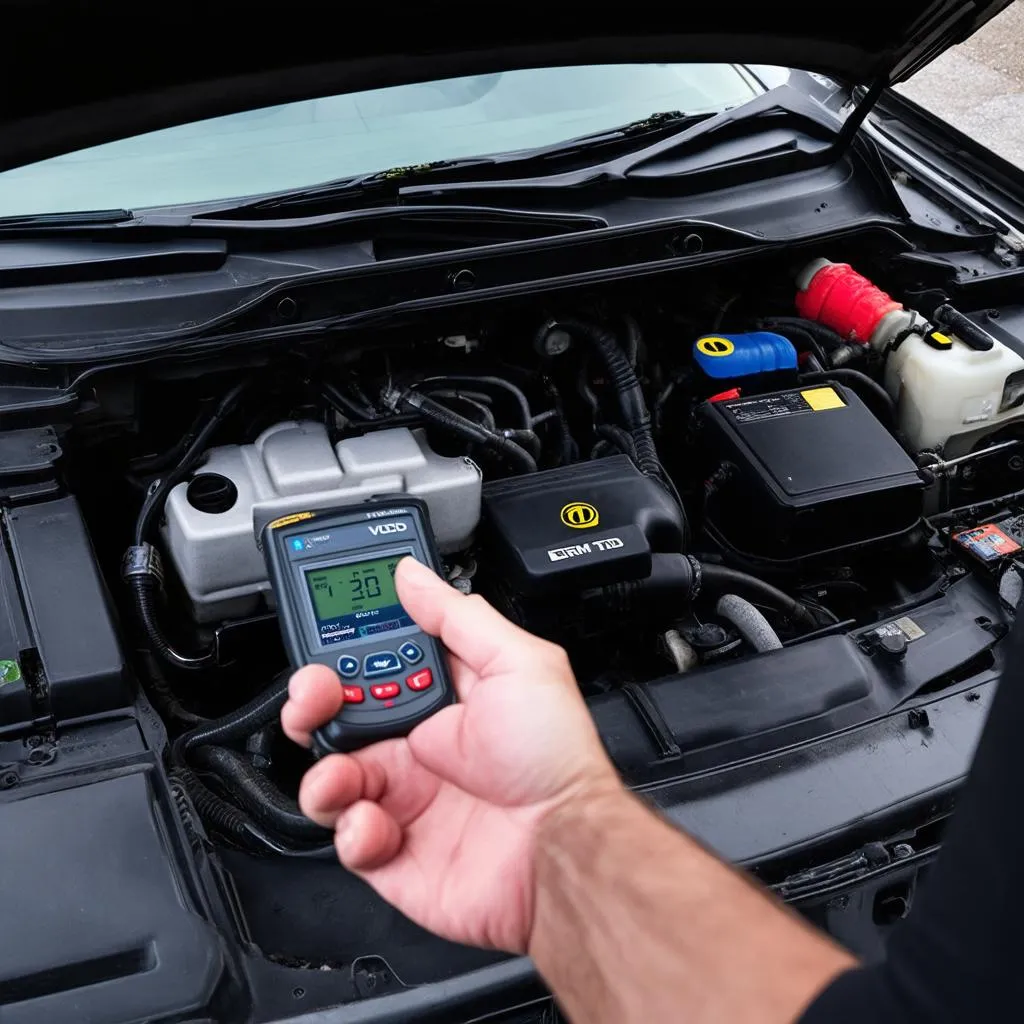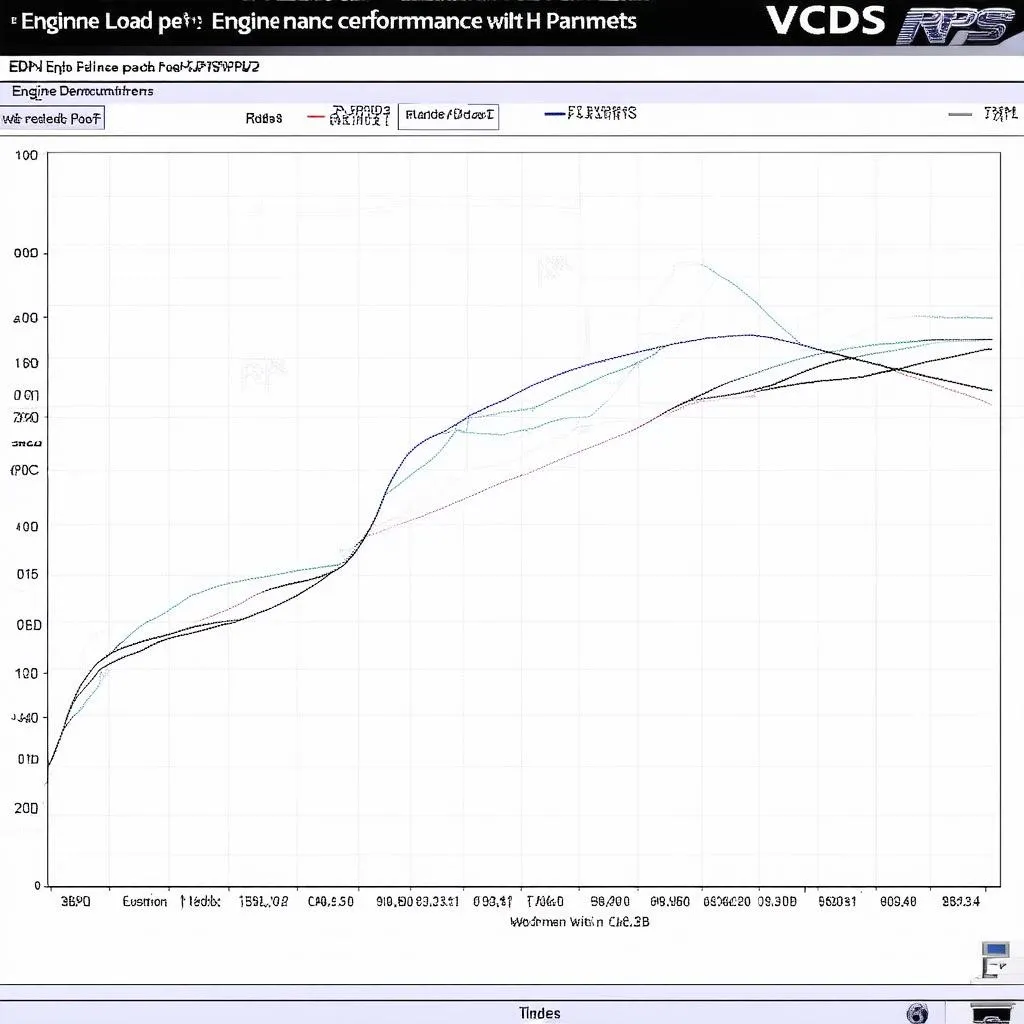Understanding BRM TDI Timing with VCDS: A Comprehensive Guide
Have you ever felt like your car was whispering secrets about its inner workings? Perhaps you’ve heard a subtle knock or felt a slight hesitation in acceleration. Maybe you’ve even seen a cryptic “check engine” light flashing on your dashboard. These are all clues that your car might be trying to tell you something – and in the case of a BRM TDI engine, it could be related to its timing.
Understanding the Importance of Timing
The Engine’s Rhythm
Imagine your car’s engine as a symphony orchestra, where each component plays its part in perfect harmony to create a smooth and powerful performance. The timing of each element is crucial. Think of the pistons rising and falling, the valves opening and closing, and the fuel injecting precisely at the right moment. These synchronized actions are essential for optimal combustion and efficient power output.
When Timing Goes Off-Key
If the timing is even slightly off, it’s like a musician playing the wrong note. The symphony loses its rhythm, and the engine’s performance suffers. You might experience a loss of power, increased fuel consumption, or even a knocking sound coming from the engine.
VCDS: The Diagnostic Tool for BRM TDI Timing
Decoding Your Car’s Language
VCDS (Vehicle Diagnostic System) is like a universal translator for your car, allowing you to communicate directly with its electronic control unit (ECU). It’s an essential tool for diagnosing and troubleshooting a wide range of issues, including timing problems in BRM TDI engines.
Finding the Timing Clues
VCDS can access various data streams from the ECU, including the engine’s timing parameters. By analyzing these readings, you can determine if the timing is within the acceptable range.
BRM TDI Timing: A Common Problem?
The BRM TDI Engine
The BRM TDI engine, found in several popular Volkswagen and Audi models, is known for its fuel efficiency and performance. However, it’s not immune to timing issues. The timing belt, a critical component responsible for synchronizing the engine’s parts, can wear out over time, leading to timing problems.
Common Symptoms
If your BRM TDI engine is experiencing timing problems, you might notice:
- Reduced engine power: The engine feels sluggish and lacks its usual acceleration.
- Increased fuel consumption: The engine burns more fuel than usual, even during normal driving conditions.
- Rough idle: The engine shakes and vibrates at idle speed.
- Misfires: The engine may skip a beat or stutter, creating a knocking or rattling sound.
- Check engine light: A warning light illuminates on the dashboard, indicating a potential issue with the engine.
How VCDS Can Help
VCDS can be used to:
- Monitor engine timing parameters: It allows you to see if the timing is within the acceptable range.
- Identify timing belt issues: VCDS can detect signs of a worn or faulty timing belt.
- Adjust engine timing: In some cases, VCDS can be used to fine-tune the engine’s timing.
The Importance of Spiritual Connection to Your Car
- Finding Harmony: Some believe that cars are extensions of their owners’ souls, and that taking good care of a car is a way of honoring the connection.
- Respecting the Machine: Understanding and troubleshooting your car’s timing is not just a technical task, but a way to show respect for the complex mechanics that make it function.
- A Spiritual Perspective: Viewing your car with a spiritual lens can help you appreciate its intricate workings and motivate you to maintain it properly.
Common Questions About BRM TDI Timing and VCDS
How can I know if my timing belt needs to be replaced?
It’s best to consult with a qualified mechanic who can inspect the timing belt and determine its condition. However, VCDS can help identify signs of a worn timing belt, such as variation in timing parameters or specific codes related to timing issues.
Can I adjust the timing myself?
Adjusting engine timing is a complex procedure that requires specialized knowledge and equipment. It’s highly recommended to seek professional assistance from a certified mechanic. Incorrect timing adjustments can damage your engine.
What are some of the common VCDS codes related to BRM TDI timing?
Common VCDS codes related to BRM TDI timing issues include:
- P0016: Camshaft Position Sensor “A” – Timing Over-Advanced or System Performance (Bank 1)
- P0017: Camshaft Position Sensor “A” – Timing Retarded or System Performance (Bank 1)
- P0340: Camshaft Position Sensor “A” Circuit Malfunction (Bank 1 or Single Sensor)
- P1668: Timing Belt Slip (Cam/Crank Correlation)
Other Related Topics on Cardiagxpert.com
- Understanding VAG-COM: Learn about this popular diagnostic tool and its capabilities.
- Troubleshooting Engine Codes: Discover how to interpret engine codes and understand what they mean.
- Car Maintenance Tips: Find useful tips on keeping your car in tip-top shape.
Ready to Explore More?
Contact us via Whatsapp: +84767531508 if you need help with installing or using diagnostics tools. Our team of experts is available 24/7 to assist you.
Conclusion
Understanding your BRM TDI engine’s timing is essential for maintaining its optimal performance. VCDS can be a valuable tool for diagnosing and troubleshooting timing issues, but it’s crucial to consult with a qualified mechanic for any significant repairs or adjustments. By taking the time to learn about your car’s inner workings, you can foster a deeper appreciation for its intricate mechanics and enjoy a more fulfilling driving experience.
 timing belt inspection
timing belt inspection
 vcds diagnostic tool
vcds diagnostic tool
 engine performance graph
engine performance graph
